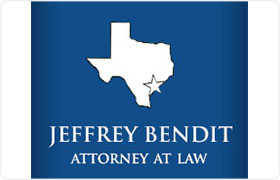Simonton Felony Lawyer, Texas, page 2
Sponsored Law Firm
-
 x
x

Click For More Info:
-
Jeffrey Bendit P.C.
434 N. Brooks St. Hwy 36. Brazoria, TX 77422» view mapCriminal Law The Lawyer West of the Brazos
When you need someone to fight for you, we can thoughtfully evaluate your experiences and honestly direct you to the most appropriate course of legal action.
800-833-4190
Rachel Fraser
Divorce & Family Law, Misdemeanor, Felony, Criminal
Status: In Good Standing Licensed: 23 Years
FREE CONSULTATION
CONTACTFREE CONSULTATION
CONTACTMark Anthony Morasch
Domestic Violence & Neglect, Misdemeanor, Felony, DUI-DWI, Criminal
Status: In Good Standing Licensed: 21 Years
Feroz Farook Merchant
Traffic, Misdemeanor, Felony, Criminal
Status: In Good Standing Licensed: 24 Years
FREE CONSULTATION
CONTACTSteven Rocket Rosen
Estate Planning, Felony, DUI-DWI, Criminal
Status: In Good Standing Licensed: 43 Years
David L Singer
White Collar Crime, Misdemeanor, Felony, DUI-DWI
Status: In Good Standing Licensed: 41 Years
FREE CONSULTATION
CONTACT Jeffrey Bendit Brazoria, TX
Jeffrey Bendit Brazoria, TX AboutJeffrey Bendit P.C.
AboutJeffrey Bendit P.C. Practice AreasExpertise
Practice AreasExpertise
